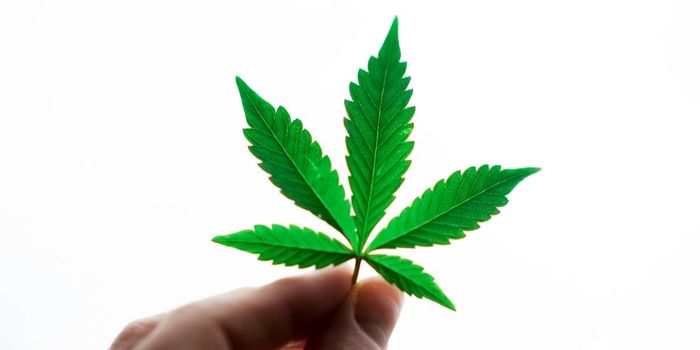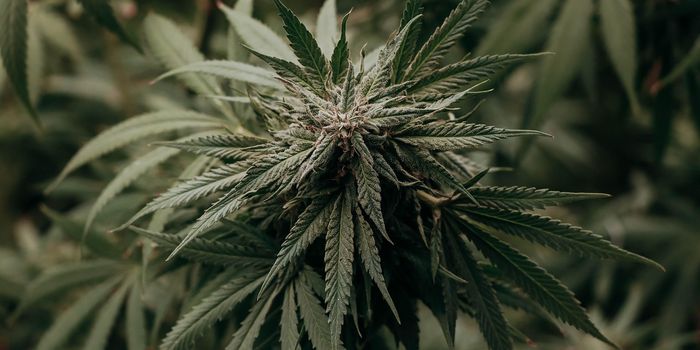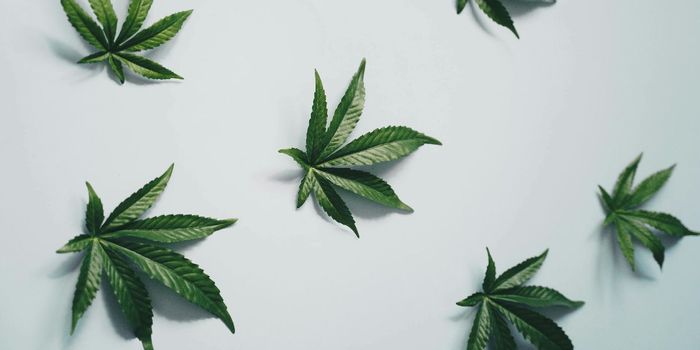What Are Cannabis Flavonoids?
 Flavonoids are a group of plant compounds that have antioxidant and anti-inflammatory properties. They are found in a wide variety of fruits, vegetables, and herbs, including cannabis.
Flavonoids are a group of plant compounds that have antioxidant and anti-inflammatory properties. They are found in a wide variety of fruits, vegetables, and herbs, including cannabis.
Some researchers believe that the flavonoids in cannabis may provide many therapeutic benefits, by interacting with the enzymes and receptors in our bodies. Some of these benefits are believed to potentially include:
- Antioxidant protection: Flavonoids can help to protect cells from damage caused by free radicals, which are unstable molecules that can damage cells and contribute to the development of chronic diseases, such as cancer and heart disease.
- Anti-inflammatory effects: Flavonoids can help to reduce inflammation, a major factor in many chronic diseases.
- Pain relief: Flavonoids may help to reduce pain by blocking inflammation.
- Neuroprotection: Flavonoids may help to protect the brain from damage caused by neurodegenerative diseases, such as Alzheimer's and Parkinson's.
- Cardiovascular health: Flavonoids may help to improve cardiovascular health by lowering blood pressure and cholesterol levels.
- Cancer prevention: Flavonoids may help to prevent cancer by blocking the growth of cancer cells.
Some of the most common flavonoids found in cannabis are also thought to play a role in the plant’s defense against pests and diseases. Over 20 different types of cannabis flavonoids have been identified, including:
- Apigenin
- Luteolin
- Kaempferol
- Quercetin
- Orientin
- Vitexin
- Isovitexin
- Cannaflavin A
- Cannaflavin B
- Cannaflavin C
The levels of flavonoids in cannabis can vary, depending on the growing conditions, the strain of the plant, and the processing method. Furthermore, flavonoids are more concentrated in the flowers than the leaves, and more likely to be preserved when cannabis is processed using cold extraction.
Much of the research on the potential benefits from flavonoids is considered inconclusive, as non-biased hard data on cannabis is still preliminary. As cannabis continued to become more mainstream, researchers will be able to learn more about the plant and its effects.
Sources: Journal of Nutritional Science, Cannabis Science and Technology, Leafly








